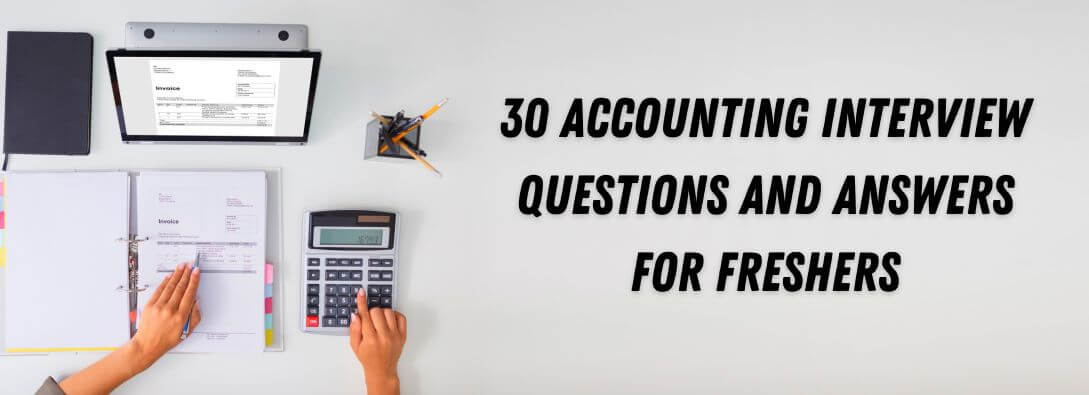
Turning Weakness into Strength: Acing the "What is Your Weakness?" Job Interview Question
The dreaded question in a job interview. It's a staple, and it can leave even the most prepared candidate feeling flustered. But fear not, jobseeker! Here's how to turn this common inquiry into an opportunity to showcase your self-awareness and commitment to growth.
Honesty is key, but so is strategic thinking. Don't fall into the trap of mentioning a weakness that directly affects your ability to do the job. For example, if the role requires strong public speaking skills, saying you're terrified of crowds isn't the best move.
Ideal Weaknesses:
- Skills Under Development: Are you currently honing a skill relevant to the position? Mentioning this demonstrates your proactive approach to learning and growth.
- Areas for Improvement: Perhaps you tend to be a perfectionist. While valuable, you can frame it as something you're working on to achieve a healthy balance with efficiency.
- Soft Skills: Let's say you sometimes struggle with maintaining a strict work-life balance. This shows self-awareness, and you can follow up with how you're implementing time management techniques to achieve a healthier equilibrium.
The STAR Method: Turning Weakness into Strength Story
Once you've identified a suitable weakness, structure your answer using the STAR method:
- Situation: Briefly describe a specific scenario where your weakness came into play.
- Task: Explain the nature of the task you were working on.
- Action: Detail the concrete steps you took to address your weakness. Did you take a course, seek mentorship, or implement new strategies?
- Result: Highlight the positive outcome of your efforts. Did your actions improve efficiency, teamwork, or overall performance?
Example:
"I sometimes struggle with delegating tasks, especially when I'm confident in my abilities and have a tight deadline looming. In my previous role as a project manager, I was leading a team developing a new marketing campaign. The project was complex, and I felt the need to maintain a high level of control over every aspect to ensure we met the deadline. However, I realized this micromanaging approach was leading to team disengagement and potential bottlenecks.
To improve, I took a delegation course that focused on identifying team member strengths and assigning tasks accordingly. I also started having regular check-ins with team members to provide clear expectations and offer support.
By delegating more effectively, I was able to free up my time to focus on strategic oversight and problem-solving. This not only lightened my workload but also boosted team morale and fostered a more collaborative environment. The project was completed successfully on time and within budget."
Beyond the Answer: Confidence and Demeanor
Your delivery is just as important as the content itself. Speak with confidence, make eye contact, and project a positive attitude. Focus on how you're actively working to overcome your weakness. This demonstrates your self-awareness, willingness to learn, and commitment to continuous improvement – all highly desirable qualities in any candidate.
Bonus Tip: Turning the Tables
If you're feeling particularly bold, you can use this question as an opportunity to showcase your research skills. After acknowledging a weakness and outlining your plan for improvement, you can add a line like, "However, I'm always eager to learn. In my research on your company, I noticed a strong emphasis on [company value that aligns with your weakness]. Can you tell me more about how this value is reflected in your team culture?" This demonstrates your initiative and genuine interest in the company.
By following these strategies, you can transform the "what is your weakness?" question from a dreaded hurdle to an opportunity to showcase your self-awareness, growth mindset, and suitability for the role. Remember, everyone has weaknesses, but the key is demonstrating your commitment to becoming the best version of yourself – and that's a quality any employer would appreciate.



